Optimal Timing for Demolition Services
Timing for demolition services depends on various factors including weather conditions, project scope, and local regulations. Optimal periods typically avoid extreme weather seasons to ensure safety and efficiency. Planning ahead can reduce delays and control costs.
Demolition is best performed during mild weather months to prevent weather-related delays and safety issues.
Scheduling during off-peak seasons can lead to quicker service and less competition for contractor availability.
Timing should align with local permitting processes to ensure compliance and smooth project progression.
Avoiding periods of high humidity or extreme temperatures helps in managing dust, debris, and safety protocols.
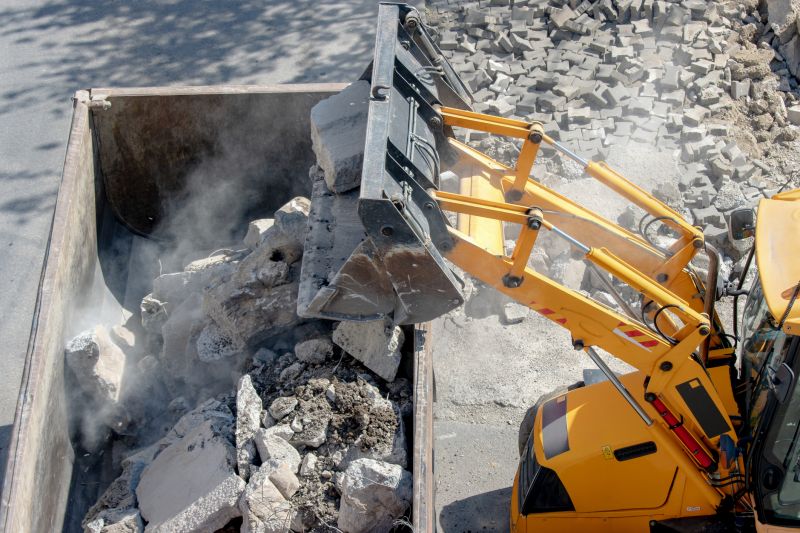
Heavy machinery preparing for demolition work.
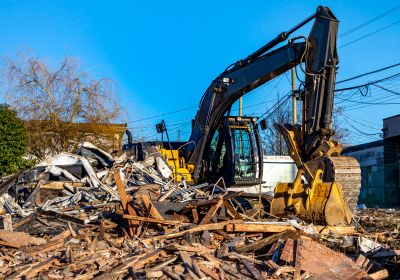
Clearing the site before demolition begins.
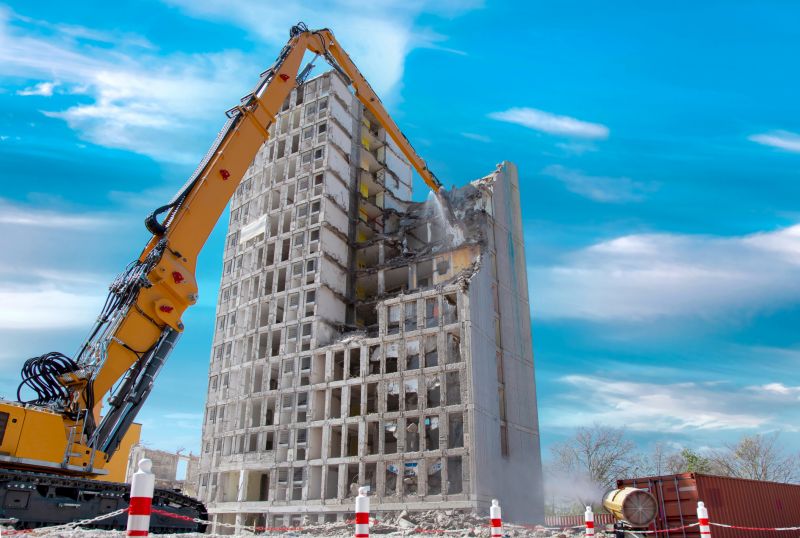
Explosive demolition in progress.

Workers wearing safety gear during demolition.

Post-demolition debris cleanup.
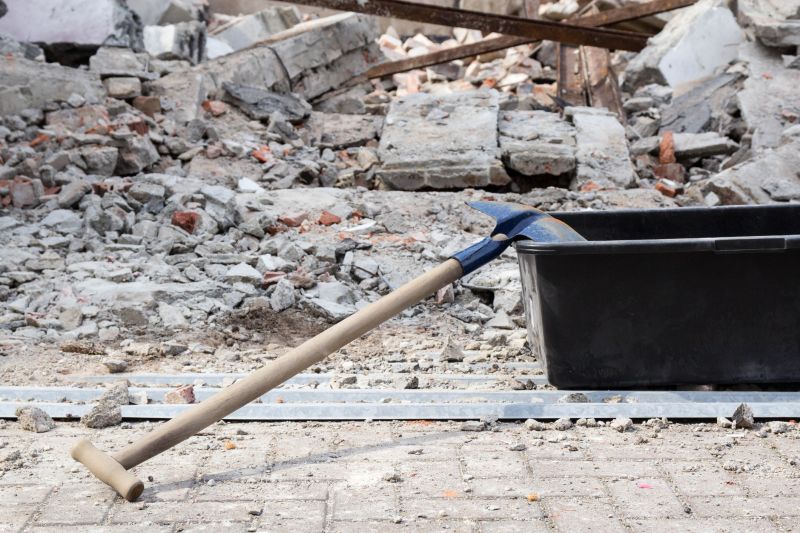
Recycling construction materials after demolition.

Preparing the site for new construction.
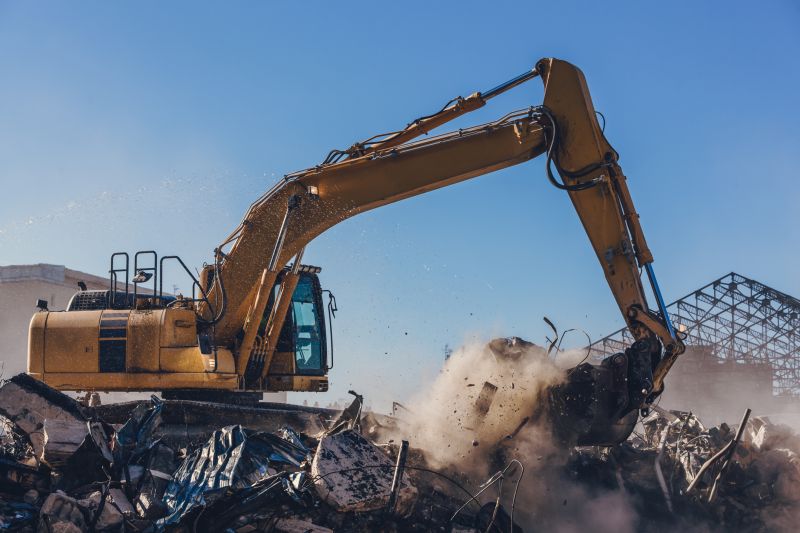
Excavators and bulldozers at work.
| Factor | Impact on Demolition Timing |
|---|---|
| Weather Conditions | Mild seasons minimize delays and safety risks. |
| Project Scope | Larger projects may require longer planning and scheduling. |
| Permitting Process | Aligning with permit approval times ensures smooth progress. |
| Resource Availability | Contractor and equipment availability influence timing. |
| Environmental Restrictions | Certain periods may have restrictions on noise or dust. |
| Community Events | Avoiding local events prevents disruptions. |
| Seasonal Factors | Avoid extreme cold or heat for safety and efficiency. |
| Material Delivery Schedules | Coordination with suppliers impacts project start dates. |
Demolition services encompass a wide range of activities, from selective dismantling to complete building removal. Proper timing ensures safety, reduces costs, and aligns with project goals. Accurate scheduling considers weather, project size, permit timelines, and resource availability, ultimately leading to a more efficient process.

Planning phase for demolition projects.
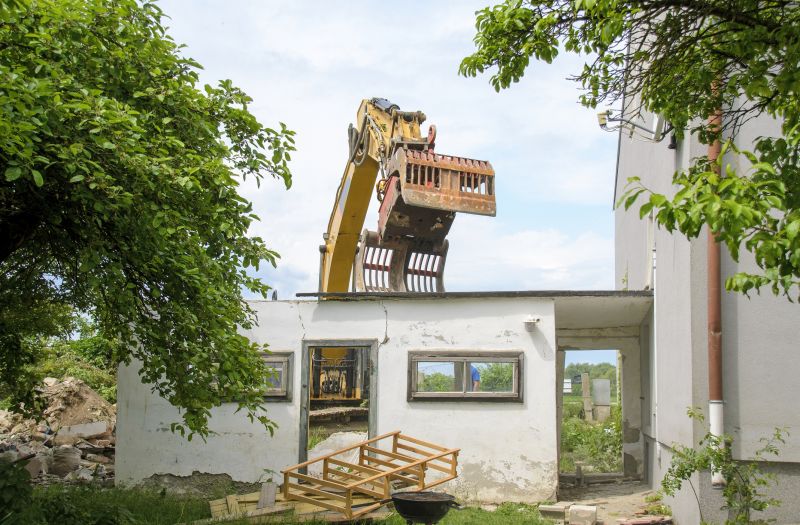
Heavy machinery being prepared for work.
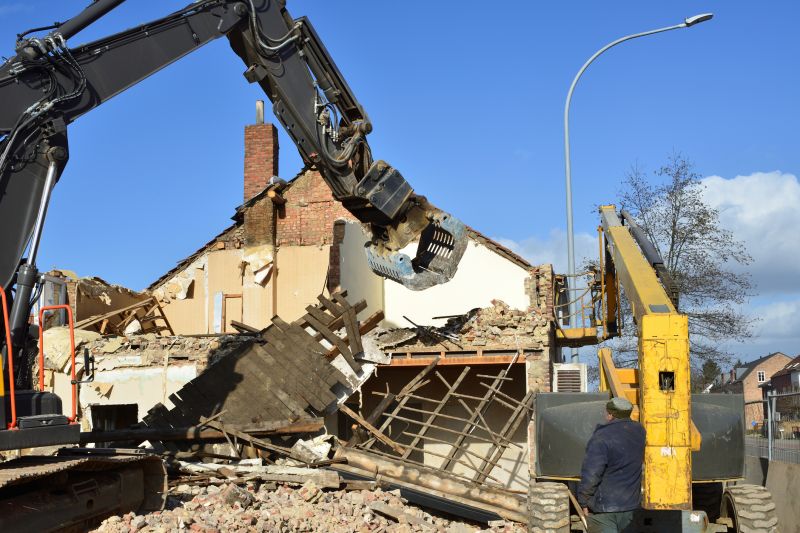
Explosive demolition in controlled environment.
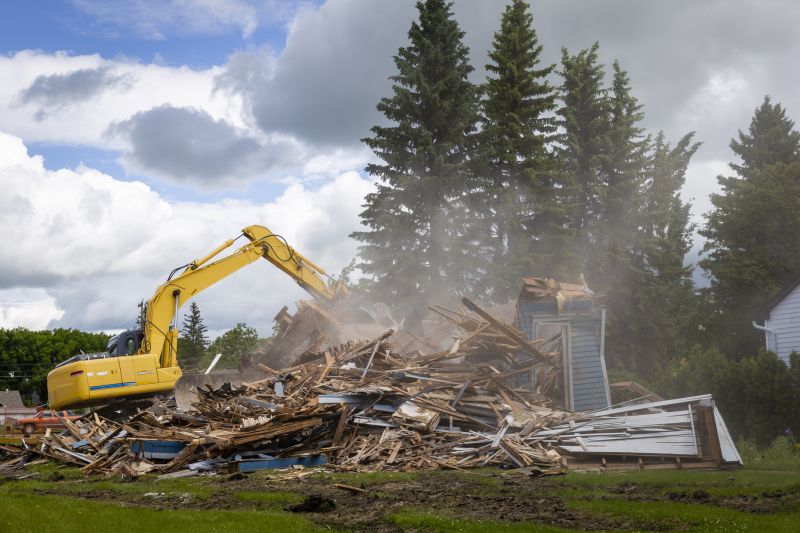
Clearing debris after demolition.
Understanding the optimal timing for demolition can significantly impact the success of a project. Factors such as weather, permits, and resource availability should be carefully evaluated. Proper planning ensures safety, minimizes disruptions, and aligns with project timelines.
Effective planning is essential for timely demolition projects.
Managing dust and debris during demolition is crucial for safety.
Coordinating resources and schedules ensures efficiency.
Adhering to safety standards minimizes risks.
